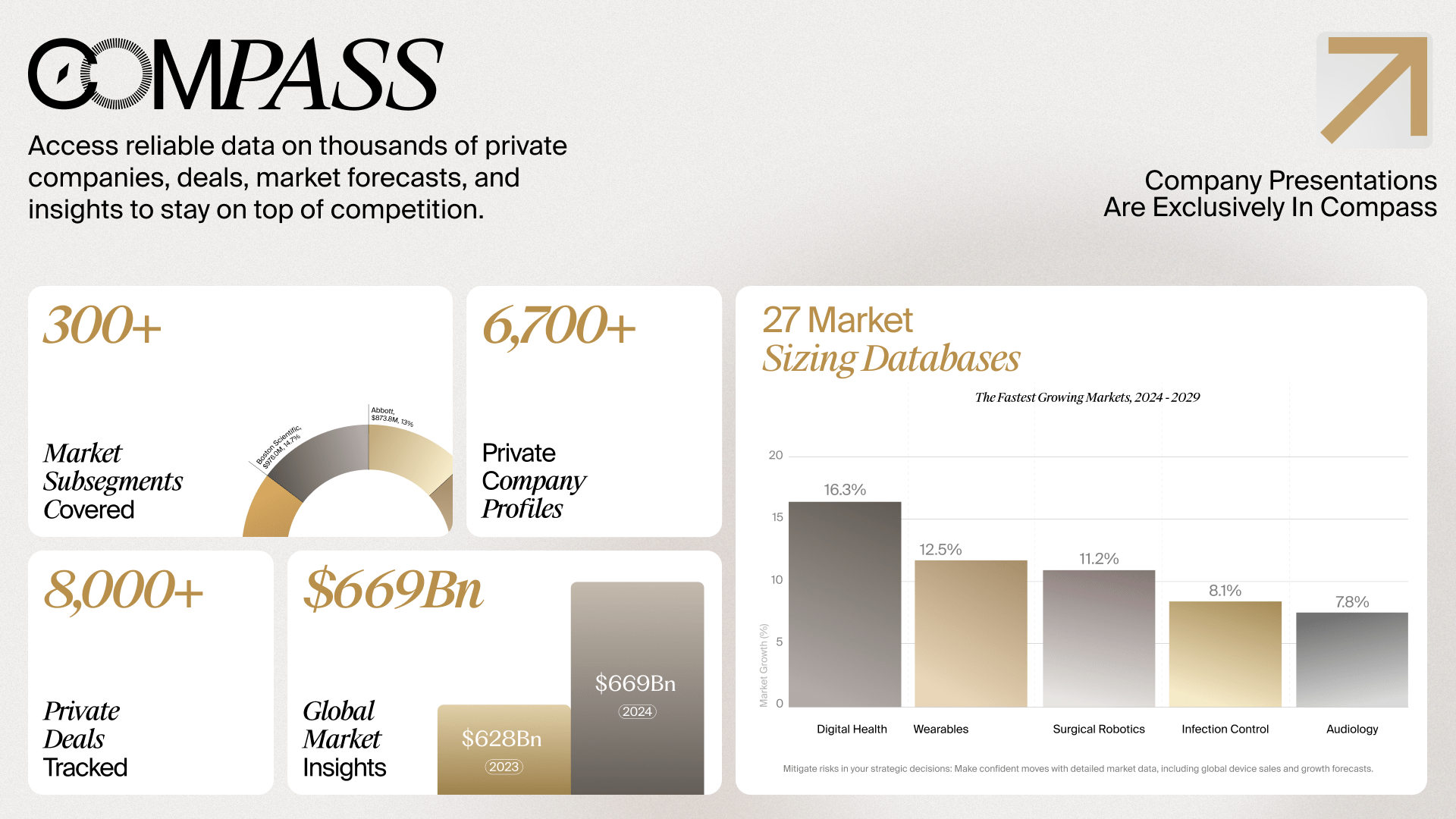- Video Library
- SpinTech MRI | Karen Holzberger, President & CEO
SpinTech MRI | Karen Holzberger, President & CEO
shaping the future of
Medtech at LSI USA ‘26
Waldorf Astoria, Monarch Beach

Karen Holzberger
Ms. Holzberger is a 20 year seasoned leader in Enterprise Imaging and Radiology. Prior to being appointed as the President and CEO in January 2022 she was the Senior Vice President and General Manager of Enterprise Imaging at Nuance Healthcare (soon to be acquired by Microsoft) leading go to market, product development and product strategy for the $190M Business Unit. Key launches included AI workflow solutions for Radiologist documentation, communication and follow up solutions. She holds an Engineering degree from Steven’s Institute of Technology and many business and leadership certificates from Harvard University’s Business School and the Stern School of Business.
Karen Holzberger
Ms. Holzberger is a 20 year seasoned leader in Enterprise Imaging and Radiology. Prior to being appointed as the President and CEO in January 2022 she was the Senior Vice President and General Manager of Enterprise Imaging at Nuance Healthcare (soon to be acquired by Microsoft) leading go to market, product development and product strategy for the $190M Business Unit. Key launches included AI workflow solutions for Radiologist documentation, communication and follow up solutions. She holds an Engineering degree from Steven’s Institute of Technology and many business and leadership certificates from Harvard University’s Business School and the Stern School of Business.

17011 Beach Blvd, Suite 500 Huntington Beach, CA 92647
714-847-3540© 2026 Life Science Intelligence, Inc., All Rights Reserved. | Privacy Policy







